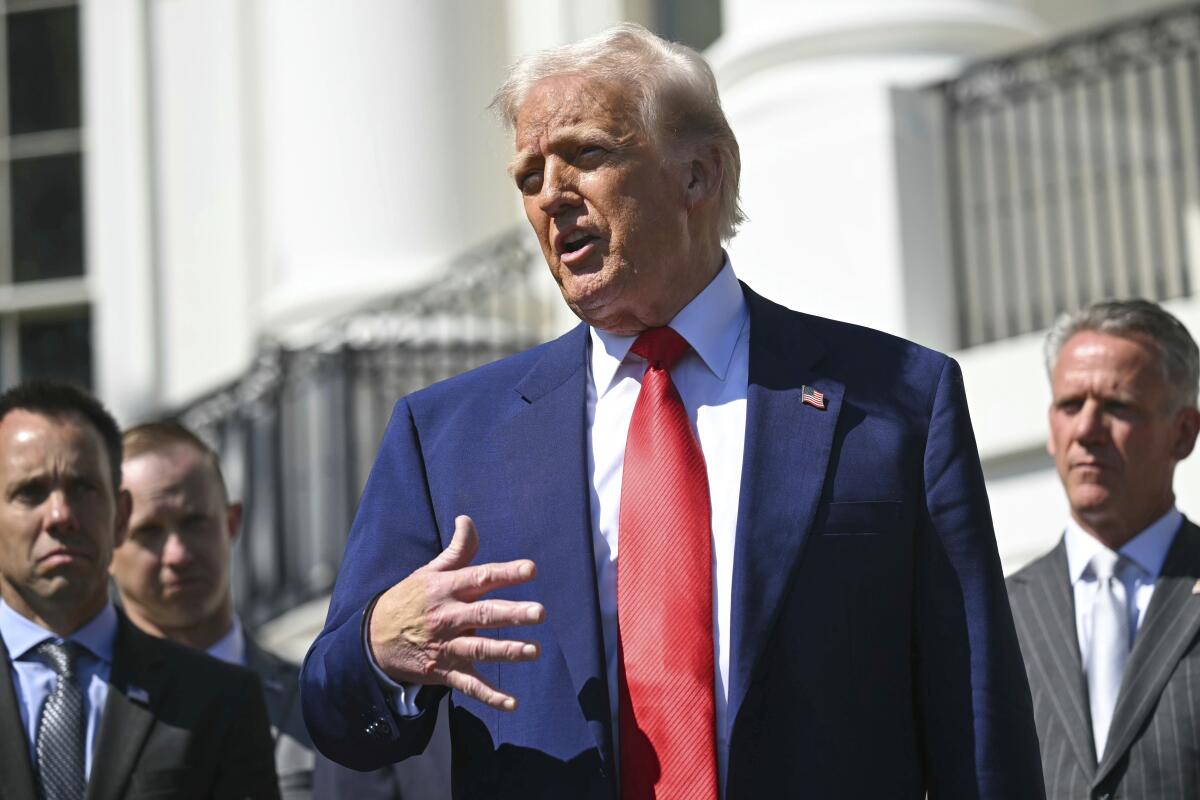Executive Summary
- Chinese chip firms, including Huawei and Cambricon, are rapidly catching up in the semiconductor industry, with Cambricon's stock price surging.
- Nvidia CEO Jensen Huang expresses concern over potential loss of China's AI market, estimated at $50 billion, due to U.S. export restrictions.
- U.S. restrictions on Nvidia's H20 chip shipments to China led to a $5.5 billion quarterly charge, signaling a potential slowdown in Nvidia's growth.
Event Overview
China's semiconductor industry is experiencing a surge in growth, with companies like Huawei and Cambricon making significant advancements. This rise coincides with Nvidia CEO Jensen Huang's expressed concerns about potentially being locked out of the burgeoning Chinese AI market due to U.S. export restrictions. Huang emphasized the economic benefits of selling to China, while also committing to supporting U.S. government policies.
Media Coverage Comparison
| Source | Key Angle / Focus | Unique Details Mentioned | Tone |
|---|---|---|---|
| The Economist | Rise of Chinese chip firms like Huawei and Cambricon. | Cambricon's stock price has increased 350% in the past year, about 15 times that of Nvidia's. | Neutral, analytical |
| CNBC | Nvidia's concern over losing access to the Chinese AI market due to U.S. export restrictions. | China's AI market is projected to be worth $50 billion in the next 2-3 years. Nvidia took a $5.5 billion charge due to export restrictions. | Concerned, business-focused |
Key Details & Data Points
- What: The growth of China's semiconductor industry and Nvidia's potential loss of the Chinese AI market due to U.S. export restrictions.
- Who: Key players include Huawei, Cambricon, Nvidia, Jensen Huang, and the Trump administration.
- When: Events are occurring around May 2025, with Nvidia's earnings report due on May 28. Restrictions were imposed last month.
- Where: China, United States (Las Vegas, Washington D.C.), Shanghai
Key Statistics:
- Key statistic 1: 350% (Cambricon's stock price increase in the past year)
- Key statistic 2: $50 billion (Projected size of China's AI market in 2-3 years)
- Key statistic 3: $5.5 billion (Nvidia's quarterly charge due to U.S. export restrictions)
Analysis & Context
The rise of China's chip industry presents both an opportunity and a challenge for global semiconductor companies. While companies like Huawei and Cambricon are making strides, they still rely on the United States and its allies in some vital areas. Nvidia's concern over losing access to the Chinese AI market highlights the complex interplay between technological advancement, economic interests, and geopolitical considerations. U.S. export restrictions, intended to limit China's access to advanced technology, could inadvertently hinder American companies' growth and competitiveness in the long run.
Notable Quotes
"Let us get the American AI out in front of everybody right now."
Conclusion
China's growing capabilities in the semiconductor industry pose a challenge to established players, while Nvidia navigates complex U.S.-China trade relations. The long-term impact of these developments will depend on technological advancements, policy decisions, and the ability of companies to adapt to the evolving global landscape. Nvidia faces slowing growth as a result of these export restrictions and must adapt to stay competitive, while China's domestic chip industry will continue to advance.
Disclaimer: This article was generated by an AI system that synthesizes information from multiple news sources. While efforts are made to ensure accuracy and objectivity, reporting nuances, potential biases, or errors from original sources may be reflected. The information presented here is for informational purposes and should be verified with primary sources, especially for critical decisions.









